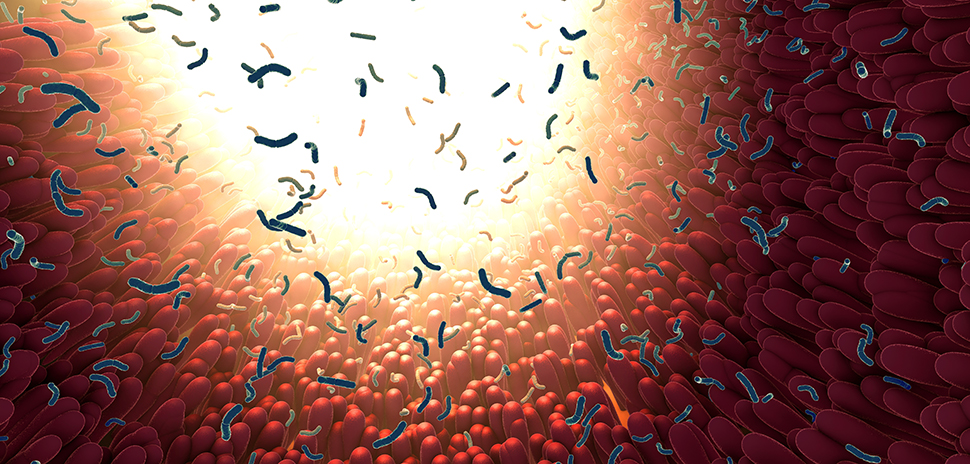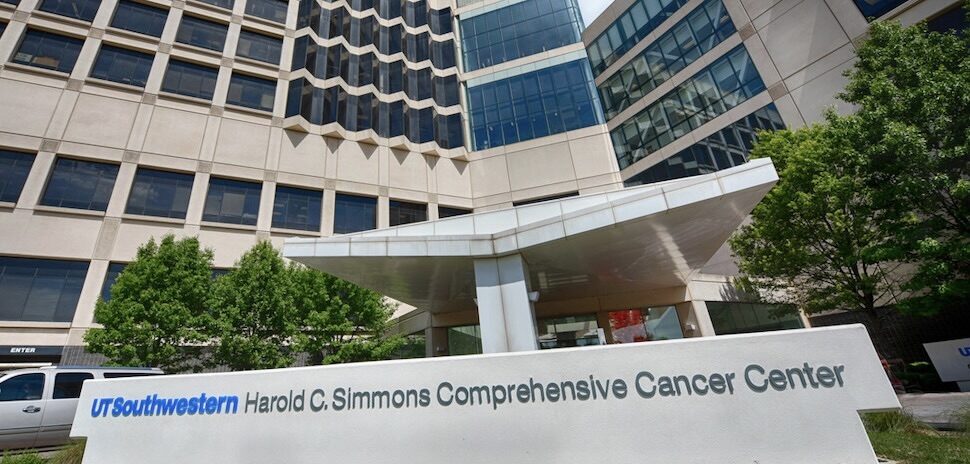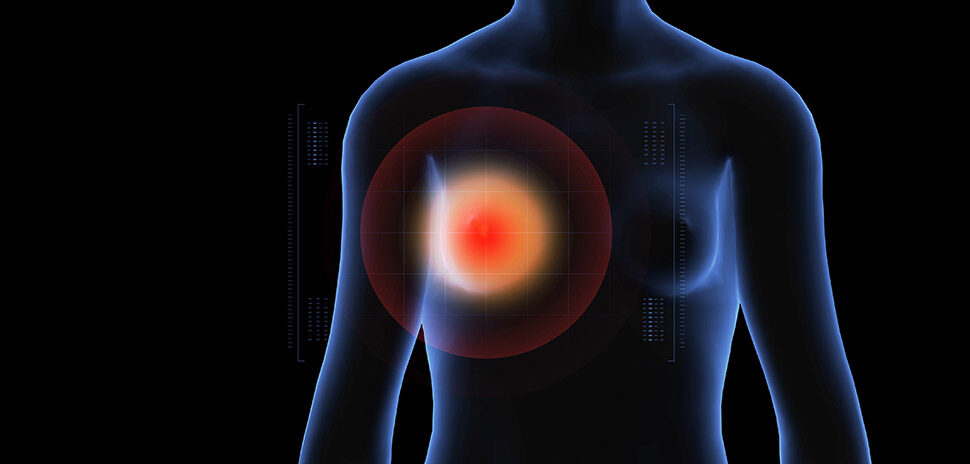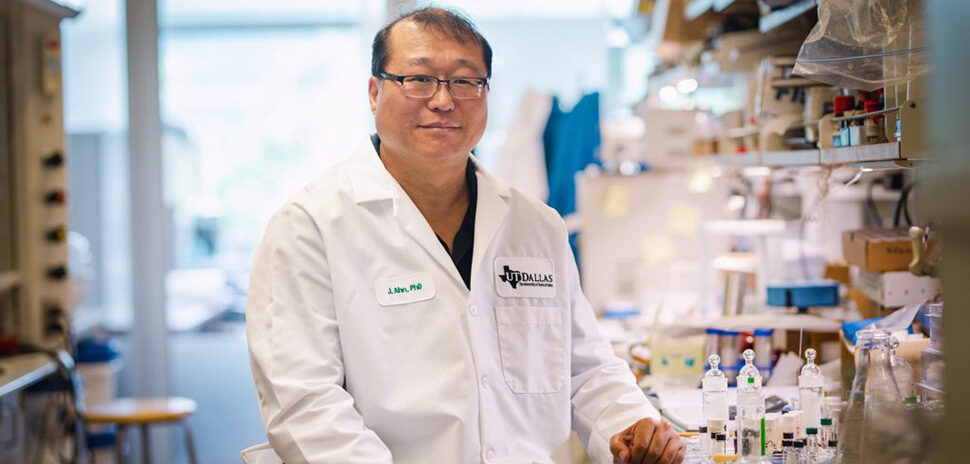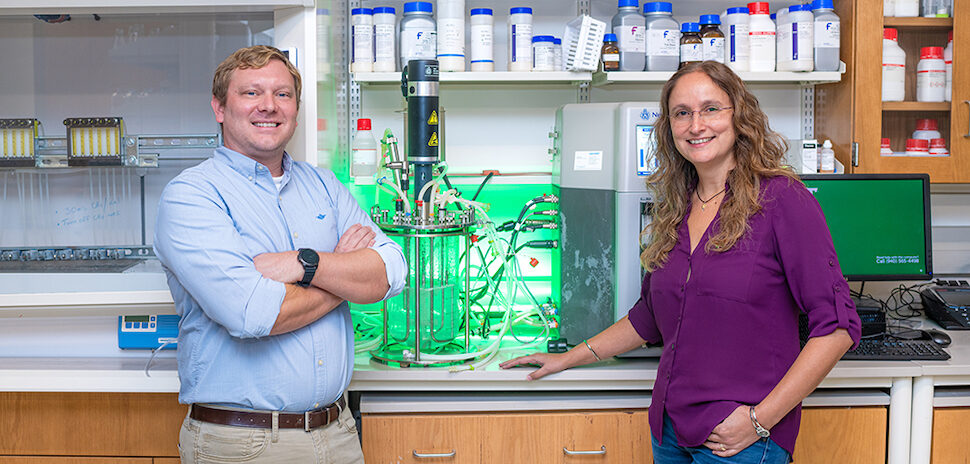Researchers at UT Southwestern Medical Center have made a discovery that could lead to improvements in the fight against cancer.
They discovered how healthy bacteria can escape the intestine, travel to lymph nodes and cancerous tumors elsewhere in the body and boost the effectiveness of certain immunotherapy drugs.
![Andrew Koh, MD, UTSW [Photo: UTSW]](https://s24806.pcdn.co/wp-content/uploads/2023/03/koh-andrew-UTSW-cancer-researcher.-oncologist.jpg)
UTSW’s Andrew Koh, M.D.
The findings, published in Science Immunology, shed light on why antibiotics can weaken the effect of immunotherapies and could lead to new cancer treatments.
“Scientists have been stumped as to how bacteria inside your gut can have an impact on a cancer in your lungs, breasts, or skin,” Andrew Y. Koh, M.D., associate professor of pediatrics, microbiology, and in the Harold C. Simmons Comprehensive Cancer Center at UT Southwestern, said in a statement. “Now we understand that mechanism much better and, in the future, hope to use this knowledge to better fight cancer.”
UTSW said that previous studies, including one led by Koh at UT Southwestern, have shown an association between the composition of gut microbiomes—the microorganisms found inside the digestive tract—and the effectiveness of cancer treatments that target the immune system, including pembrolizumab (Keytruda) and ipilimumab (Yervoy), which are immune checkpoint inhibitors.
Gut bacteria and immune checkpoint inhibitors
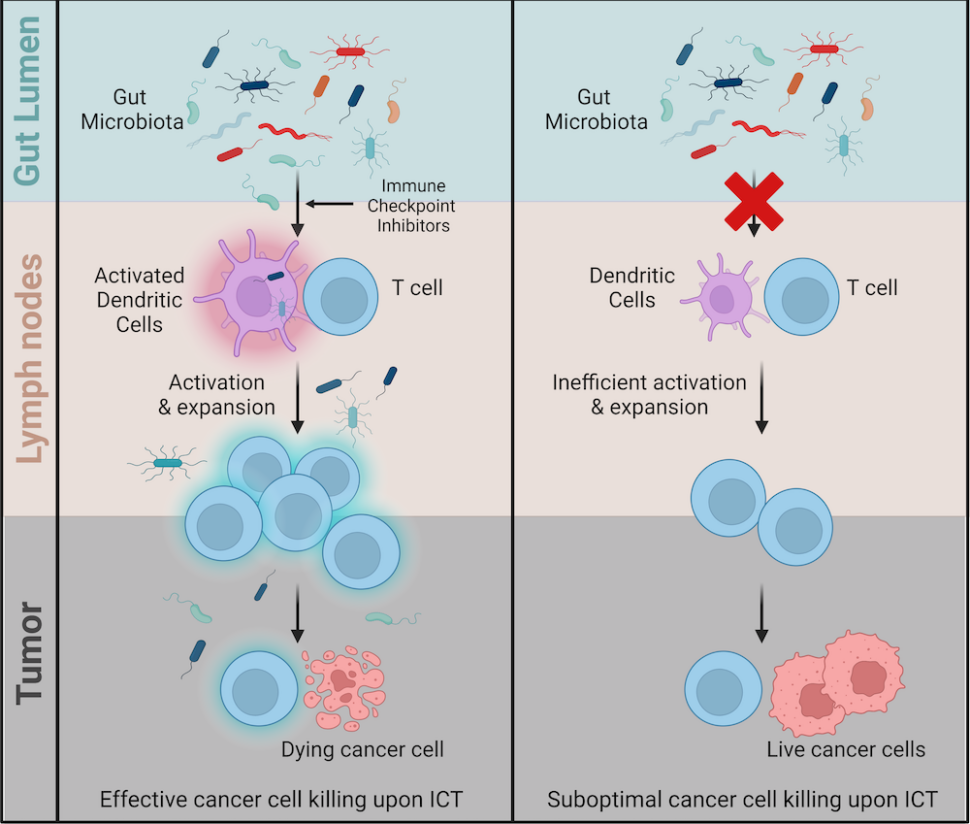
Gut bacteria in cancer treatment [Image: UTSW]
Researchers have reached conflicting conclusions, however, about the ideal balance of microorganisms to optimize therapy, with studies pointing to different beneficial bacteria, UTSW said.
Koh and colleagues used mice with melanoma tumors to probe how the drugs, called immune checkpoint inhibitors, affected the movement of gut microbes through the body.
They discovered that immune checkpoint inhibitors, which boost the activity of the immune system against tumors, also cause inflammation in the digestive system that leads to remodeling of lymph nodes in the gut.
Because of these changes, bacteria can leave the intestines and travel to lymph nodes near the tumor and the tumor itself, UTSW said the researchers found. There, the microbes activate a set of immune cells that act to kill tumor cells.
“Immune checkpoint inhibitors work by releasing the brakes on the immune system to target cancer,” said Koh, who is also director of the Cellular and ImmunoTherapeutics Program at UTSW and Children’s Health. “What we think is that these microorganisms and the immune cells they’re activating are essentially pressing on the accelerator of the immune system at the same time.”
Aiming for bacterial-based cancer treatments
UTSW said that the team’s findings suggest that a course of antibiotics, which can eliminate most gut microbes, is detrimental to immune checkpoint inhibitors because the bacteria can no longer play this role of immune accelerant.
It also helps explain why researchers have found many types of bacteria in patient microbiomes that seem to be beneficial for treatment, UTSW said.
“As long as a subset of beneficial bacteria can translocate from the gut to the lymph node or tumor, it may not matter exactly which bacteria it is,” Koh said.
Koh’s team is working toward the development of bacterial-based treatments to boost the efficacy of immune checkpoint inhibitors, UTSW said.
Other UTSW researchers who contributed to the study include first author and UTSW graduate student Yongbin Choi, Lora Hooper, Jake Lichterman, Laura Coughlin, Nicole Poulides, Wenling Li, Priscilla Del Valle, Suzette Palmer, Shuheng Gan, Jiwoong Kim, Xiaowei Zhan, Yajing Gao, and Bret Evers.
The research was supported by funding from the National Institutes of Health, the Crow Family Fund, the UT Southwestern Medical Center and Children’s Health Cellular and ImmunoTherapeutics Program, National Research Service Award-Integrative Immunology Training Grant, The Welch Foundation, and the Howard Hughes Medical Institute.
![]()
Get on the list.
Dallas Innovates, every day.
Sign up to keep your eye on what’s new and next in Dallas-Fort Worth, every day.

